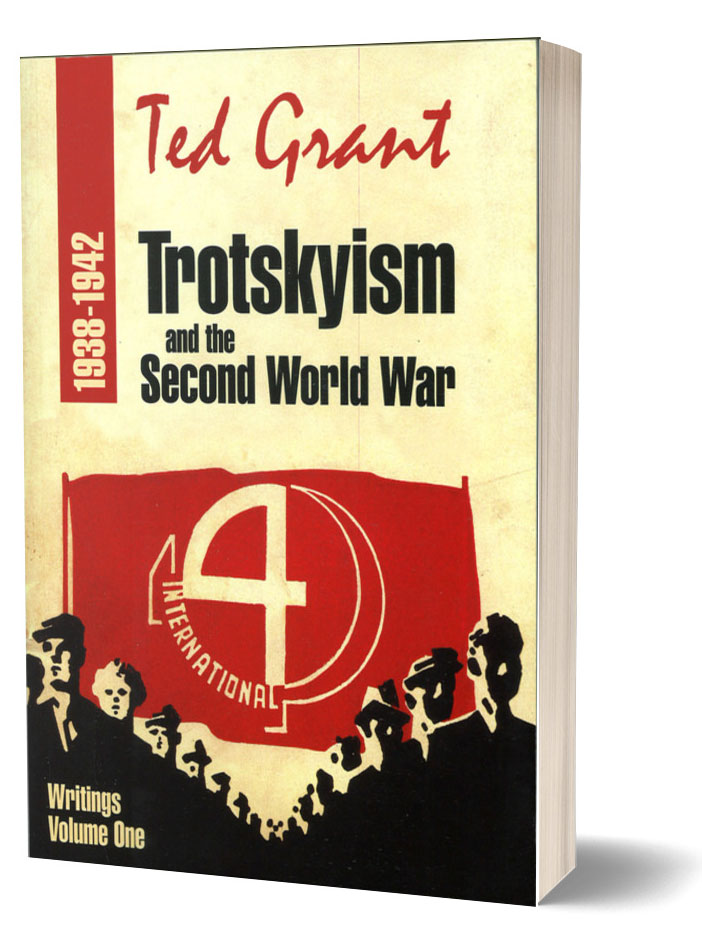2. Imperialist slaughter [September 1939 – July 1940]
Introduction
In this series of lead articles for Youth For Socialism Ted Grant highlighted the main reason for the war, the conflict between German and Anglo-American imperialism for domination of Europe and the world.
The war was presented as one against Nazi dictatorship, but at the same time the British ruling class had a liking for Franco and were also courting Mussolini, revealing the fact that their opposition to “dictatorship” was pure hypocrisy. After the first few months of war in early 1940, preparations for an even worse scenario of slaughter were being undertaken by all imperialist powers by mobilising the masses of each country against the “enemy”. The Labour leaders’ bankrupt policies of backing a national unity government led by Churchill left the workers disarmed.
On the other hand, fake anti-war agitation was carried out by the Stalinist leaders of the Communist Party of Great Britain, which in the last analysis amounted to accepting peace on Hitler’s terms. These criminal policies were hampering the ability of the working class movement to adopt an independent stance in relation to the war. The betrayal of the Stalinist leaders of the CPGB was the British side of the coin of the Stalin-Hitler pact signed in August 1939.
The propaganda of the WIL focused on the hypocrisy of the British bourgeoisie which was responsible for the rise of Hitler and which had tried until the last moment to reach a gentlemen’s understanding with Hitler through the Munich Agreement that allowed Nazi Germany to invade Czechoslovakia. The WIL denounced the real interests behind the calls for national unity, while arguing that the solution would not be that of accepting peace on Hitler’s terms, as the Stalinists were proposing, but to wage a class revolt against the imperialist war.
In the early stages of the war, Germany wished to maintain nominal neutrality among the other nations in Europe, especially among those with whom she shared a common frontier. Britain, in order to strike at Germany, tried to spread the war as widely as possible, not being in the least concerned with the “rights of small nations”. As Ted Grant wrote, “The people of Europe can look forward to a few months more or less of the present deadlock, then the sanguinary slaughter—there is no other prospect.”
By the summer of 1940, the French ruling class had miserably succumbed to Nazi domination, refusing to organise popular resistance for fear that the arming of the working class might threaten their interests, and preferring to reach a deal with the Nazi occupier. The capitulation of the French bourgeoisie was a turning point in the war that was reflected in a change of tone in the propaganda of the WIL. Now Britain faced the threat of invasion. In France the bourgeoisie refused to arm the workers for fear that these arms would eventually be turned against them. As a result of this experience the revolutionary socialists in Britain posed the demand of expropriating the capitalists, freeing the colonies from the imperialist yoke and arming the workers as the only means to stop any Nazi invasion.

